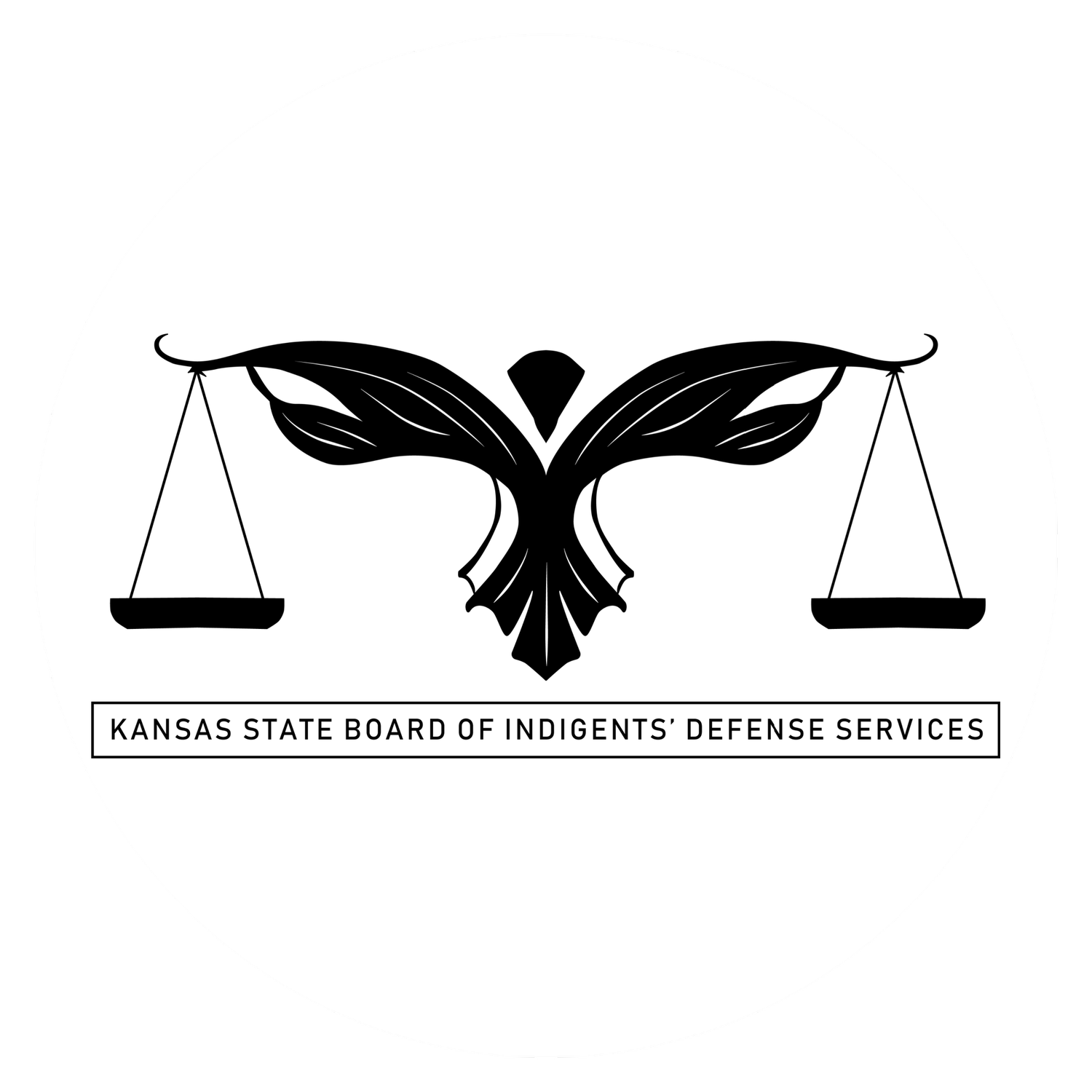Demystifying the NCDC Cult
by Angela McDaneld, Reno County Public Defender
Okay, NCDC isn’t a cult, but it certainly sounded a little bit like one when I told people I was going. I got one of two responses: “What the hell is NCDC?” or “Oh, my gosh. It will change your life forever.”
The NCDC – or the National Criminal Defense College – is an organization that provides trial advocacy training to defense attorneys. Their primary program is the Trial Practice Institute, held in two-week sessions each summer in Bristol, Rhode Island. This is what most people are referring to when they say they’re going to NCDC.
I attended the institute in July, along with a hundred or so other defense attorneys focused on sharpening our trial advocacy skills. Each day comprised of a lecture on a certain area of advocacy or trial practice: client interviews, performance, theory and theme, opening statement, voir dire (Colorado Method), cross-examination, evidence, impeachment, direct examination, visual aids, and closing argument. The faculty members also took turns doing demonstrations of each of these skills. Between lecture and demonstrations, we broke out into small groups where we worked on these skills ourselves, using mock cases. We’d receive peer and instructor feedback on our performances. This was made less intimidating by the fact that you maintained the same small group for the entire period, and they became kind of like your family. One group even got matching tattoos over the weekend. Don’t worry – it wasn’t my group.
As for whether it changed my life – yes and no. While I saw that it was a transformative experience for many others in the program, I had learned much of what was taught in my trial advocacy class at Washburn (where I graduated in 2018). It was certainly helpful and fun to review those skills, but it wasn’t life-changing the same way it was for people who did not have the robust learning experience I had at Washburn.
But there were a few things that did absolutely blow my mind, and that I will take with me throughout my practice.
First, their method of organizing questioning – whether direct or cross – by “chapter,” or the point you want the jury to take away from that line of questioning, makes so much sense. Using the concepts of primacy and recency (you believe the first thing you hear, you remember the last thing you hear) to get the jury to hone in on the big points of our case is a much better strategy than following a loose chronological order or the same order that the State used on direct. This chaptering method works for opening and closing, too. I was able to give a pretty darn good opening statement and closing argument with minimal prep time because my case was organized so well that my notes just consisted of the points I needed to make. My knowledge of the case filled in the rest for a dramatic and moving argument. (I was very, very good at the drama/performance aspects of the course. If you know me at all, this is no surprise to you.)
Finally, I will say that there was an unexpectedly life-changing part of the institute – the privilege of spending two weeks living and working in a community of people who don’t have to ask me how I can live with myself for defending “criminals.” I got to spend two weeks with people who don’t have to ask me why or how, because they already know.
Now it’s my turn to sound like the cultists I was a little weirded out by at first – if you get the opportunity, go. It’s a lot of work, but it is very much a refreshing experience for the advocate in each of us.

